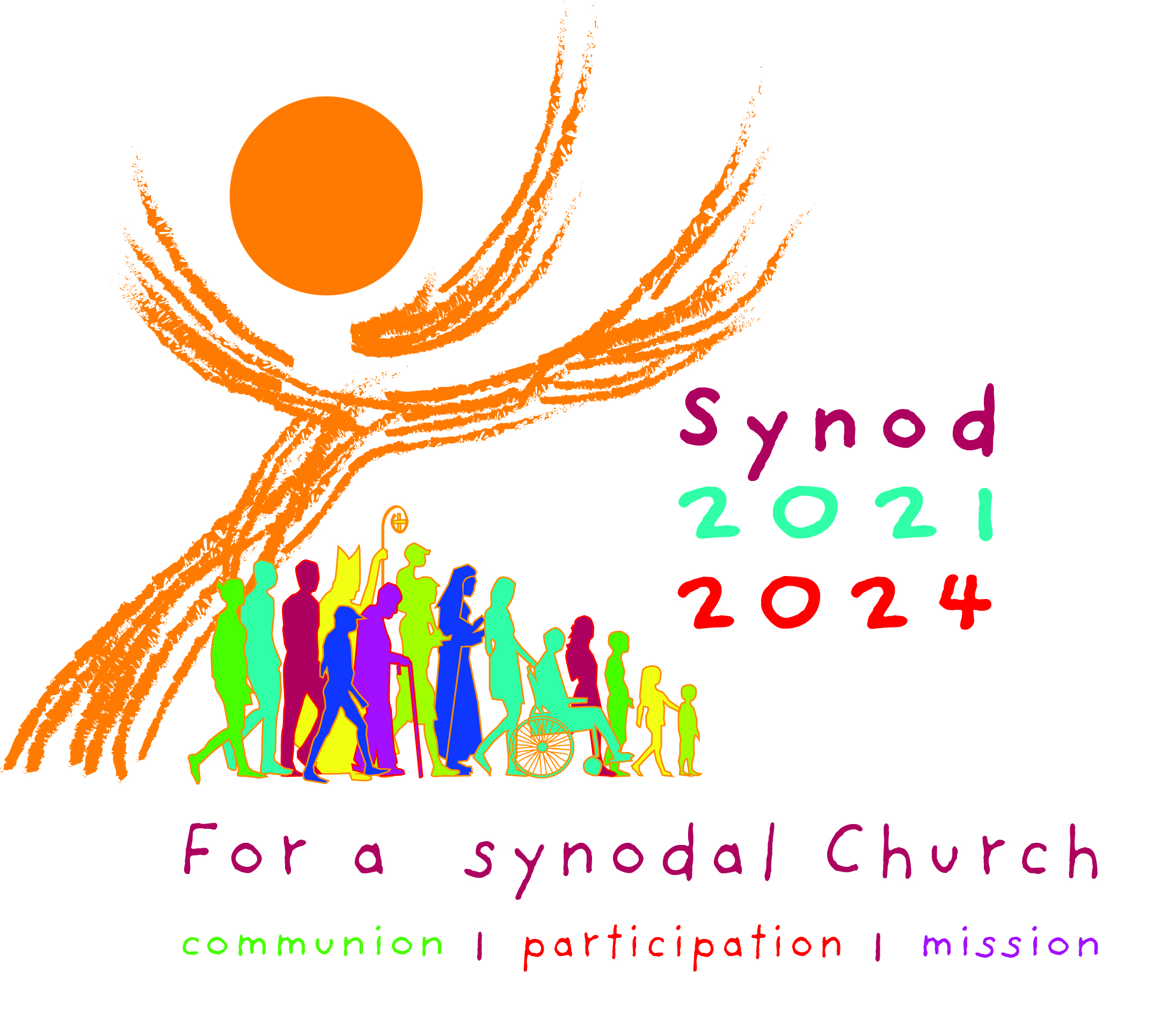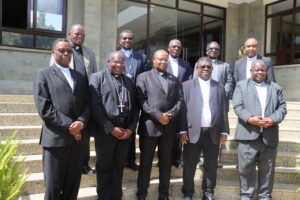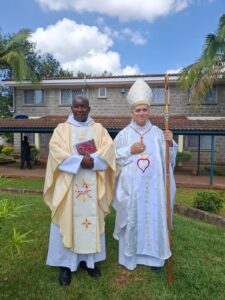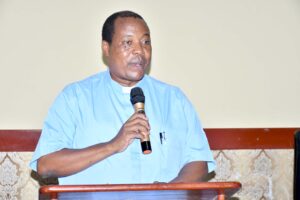AMECEA: Spiritual Engagement Will be the Guiding Tool for the October Synod: says Cleric

Sr. Jecinter Antoinette Okoth, FSSA
In less than a week, synod delegates from across the globe will gather for the first universal phase of the synodal process slated for 4-29th October in Rome, during which the delegates are encouraged to allow the Spirit to drive the entire process, a cleric has shared.
Addressing over 20 participants at an online session to highlight more about the synod, Fr. Andrew Kaufa the Social Communications Coordinator for the Association of Member Episcopal Conferences in Eastern Africa (AMECEA) shared that the monthlong synod, “will follow the process of Spiritual engagement as delegates share experiences, as members of the Church, listen to one another without contradiction and reflect on the insights from each other.”
He adds that this process will be continuous and in the context of prayer, “until the delegates together with the Pope come to a common consensus on what is to be the future of the Church regarding journeying together as a family of God.”
According to Fr. Kaufa who will be with the communication team in Rome to help in dissemination of what will be taking place during the synodal process, the Church’s reference as delegates share in groups will always be to focus on the mission of Jesus which he gave to the Church.
“In the process of the synod, we will encounter Jesus himself, we will be inspired by the Holy Spirit because God is with us and among us,” he shared what is expected during the month-long meeting acknowledging that so many questions have been raised in regard to the methodology that was proposed by the Holy Father on Spiritual conversation since “this (methodology) seem to be new to many delegates.”
The XVI Ordinary General Assembly of Bishops themed “For a Synodal Church: Communion, Participation, and Mission,” was officially launched in October 2021, with the Holy Eucharist as a time of encounter, reflection, and prayer. This paved the path for the commencement of the three-year journey that will end in October 2024.
The process then began with the Diocesan phase in all local churches where diocesan synod coordinators were appointed, to be the point of reference in the diocese and the liaison with the Bishops’ Conference. This was a time of listening to the Holy Spirit and to the Scriptures… consultation and participation of the People of God,” through the use of two working instruments; the preparatory document and handbook (Vademecum) that were availed by the General Secretariat of the Synod to guide the Local Churches, and for “Greater involvement of lay people in a decision-making process that affects the whole Church and everyone in the Church.”
The continental phase then followed aimed to engage in a dialogue with the Instrumentum laboris. In this case, each continental group drafted a final document that was sent to the General Secretariat and a second Instrumentum laboris, based on the continental responses was later compiled.
The Holy Father through the Congregation for Institutes of Consecrated Life and Societies of Apostolic Life (CICLSAL) called for active participation from all members of the Church during the synodal journey, emphasizing that “no one should feel excluded from this ecclesial journey.”


